Consumers care about wellness, and natural and organic products are a surefire way for producers to cater to this consumer demand. Tyson Foods, Spring Lake Ranch, the American Farmers Network, and Verde Farms all discuss the current state and future of the natural and organic categories.
Tyson Foods
Rikki Ingram, director of fresh meats marketing for Tyson Foods, said that the company always wants to know what consumers are craving.
“In the 2023 Power of Meat study, we found … that no added hormones, no antibiotics ever, and natural, all still rank as strong priorities for claims-based meat shoppers,” Ingram said.
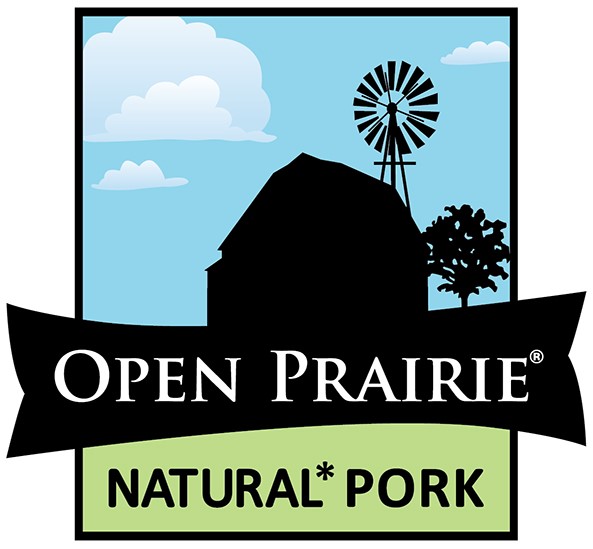 Photo credit: Tyson Foods
Photo credit: Tyson Foods
Given this consumer priority, Ingram said Tyson launched the brand Open Prairie Natural Meats, which includes Open Prairie Natural Pork.
“When you buy Open Prairie Natural Meats, you can be sure that animal welfare is our top priority,” Ingram said. “And we hold ourselves accountable with third-party auditors who ensure we are delivering on all our promises and claims.”
Ingram mentioned the high consumer demand to know the farm-to-fork story of their foods.
Tyson has previously stated that organic pork supply is limited. “Some of the reasons include shortages of organic livestock feed, the USDA tightening organic certification regulations, and true organic pork only being found in a small handful of places,” Ingram said. She also said that this raises costs for consumers.
Ingram cited the USDA definition of “natural,” which states that processing must not alter the product. “Open Prairie Natural Pork fits directly into this definition because it is minimally processed. It also has no antibiotics ever, no added hormones or growth promotants, 100% vegetarian diet; no animal byproducts, except for milk, and no additives, preservatives, or artificial ingredients.”
Ingram said that the meat industry must do more with pork, given continuing issues with beef regarding supply and price. “We recommend that retailers segment pork by quality and production attributes … you are expanding the appeal of pork, without limiting options,” she said. “You are also catering to consumers who desire to purchase products that are minimally processed and do not include any additives or preservatives.”
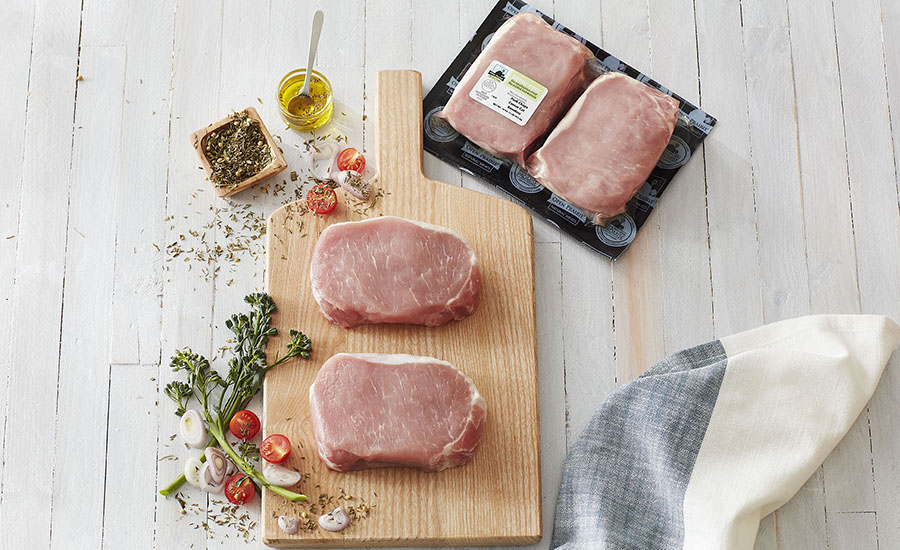 Photo credit: Tyson Foods
Photo credit: Tyson Foods
Ingram sees a steady future for claims-based meat. “We are seeing increasing concern regarding the welfare of hogs. The Open Prairie Natural Pork program has strict animal welfare standards in place, which help the consumer feel confident the hogs are ethically raised,” she said.
Spring Lake Ranch
Marc Broccoli, CEO of Open Range Beef’s Spring Lake Ranch brand, said Spring Lake Ranch found success by narrowing in on entirely organic beef.
He sees a steady future for the organic beef category.
“In 2022, for the first time, more organic grass-fed beef was sold vs. non-organic grass-fed beef,” he said.
Broccoli said organic beef has stricter requirements than natural beef. “This method of beef production is not only healthier and more ethical for the animal, but better for the land and the consumer as well,” Broccoli said.
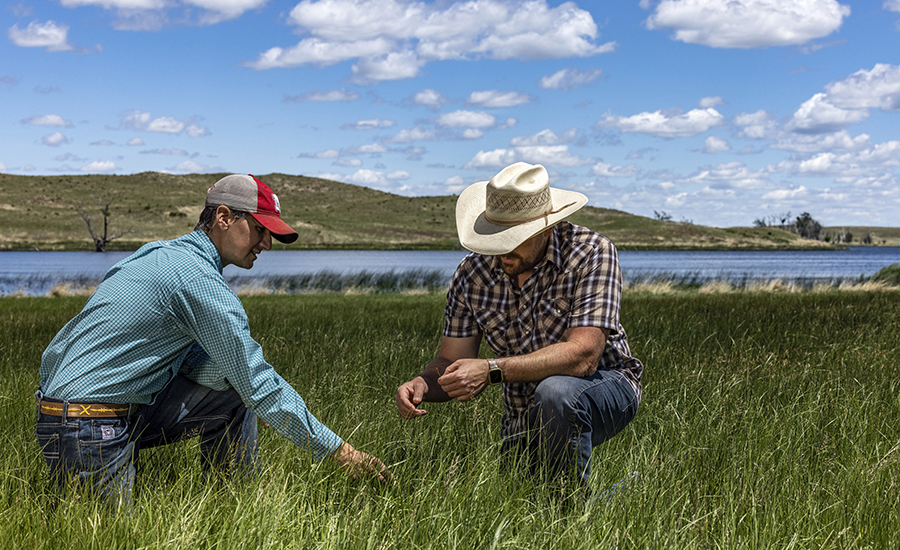
He said that the Spring Lake Ranch brand is not only USDA Organic, but is also completely grass-fed. “To protect and further improve the Sandhill’s rich pastureland, we’ve converted 80,000 acres to Organic Certified since early 2022 and implemented best-in-class regenerative cattle raising practices,” Broccoli said.
Spring Lake Ranch hopes to convert more than 1 million acres of land to Certified Organic, he said.
American Farmers Network
The American Farmers Network is a company that works to get natural and organic product offerings out to consumers, said Sanin Mirvic, president and CEO of American Farmers Network. Mirvic said that every rancher the AFN works with is natural and organic.
Due to health-related issues, Mirvic’s mother started on an all-natural, organic diet, and this cured her ailments. This inspired Mirvic to get this message out to consumers.
“We wanted to get more people in America eating healthier and better foods, and found grass-fed beef to be an important and growing segment we could invest in,” Mirvic said.
He said that as consumers become more concerned about the origins of their food, this category is growing.
“For the past 13 years grass-fed beef has been the fastest growing category in the entire meat business,” Mirvic said. “Organic beef has grown 20-27% a year for the past 13 years as well.”
Mirvic said consumers should opt for natural and organic products for health-related reasons.
“A lot of people think turning to natural or organic products means sacrificing flavor and missing out on things they grew up loving to eat,” he said. “With grass-fed beef you still get to eat something you know and love, but know that it is better, cleaner and healthier.”
Verde Farms
Dana Ehrlich is the CEO and founder of Verde Farms, an organic, 100% grass-fed, 100% pasture-raised beef brand.
Ehrlich said Verde Farms was founded with the intent to get organic, grass-fed beef out to consumers across the U.S.
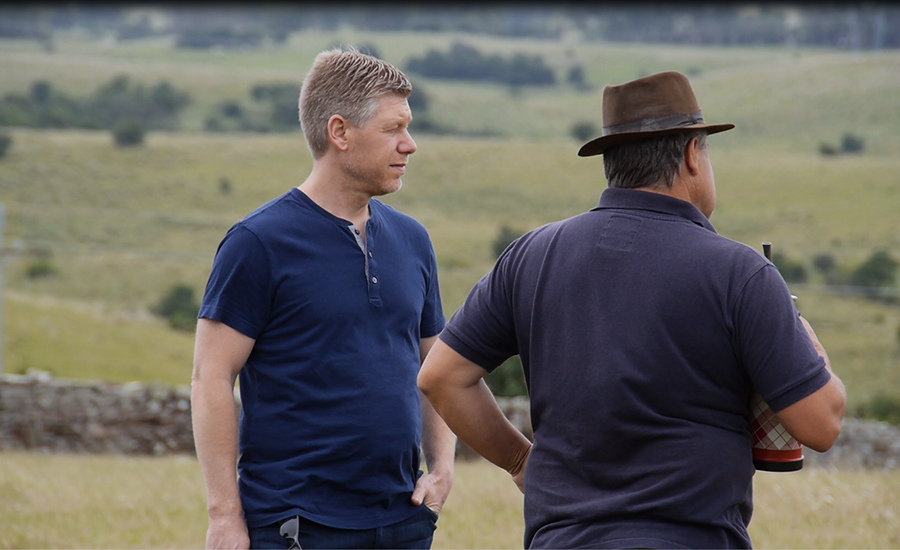
“The founding principles centered on health and wellness trends, sustainable agriculture practices, environmental conservation, and animal welfare considerations,” he said.
After operating his brand for 18 years, Ehrlich said he has seen great growth in the organic category.
He sees that organic and natural products have a lower penetration rate in meat than in other departments. “We anticipate the organic meat sector will catch up with the rest of the store's perimeter.”
The Verde Farms CEO is seeing a trend in regenerative agriculture. “This increases the productivity and profitability for the farmer which makes things more sustainable for the long term while also creating better products,” Ehrlich said.
He said that the Verde brand is part of the better-for-you category. “We define better for you as no added hormones, no antibiotics, grass-fed and organic,” Ehrlich said.
He said the brand is very involved in the organic category, as opposed to natural. “The natural category on the other hand is very nebulous and undefined so we try to stay away from that word and focus on using the term organic, which is extremely well defined,” Ehrlich said.
Ehrlich said that consumers want organic foods to meet different needs. “Those needs include sustainable agriculture, animal welfare, and health and wellness,” he said.
He noted that these consumers often start purchasing organic products after significant life events, and they typically continue purchasing organic products after that.


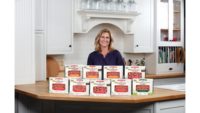
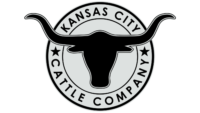

Report Abusive Comment